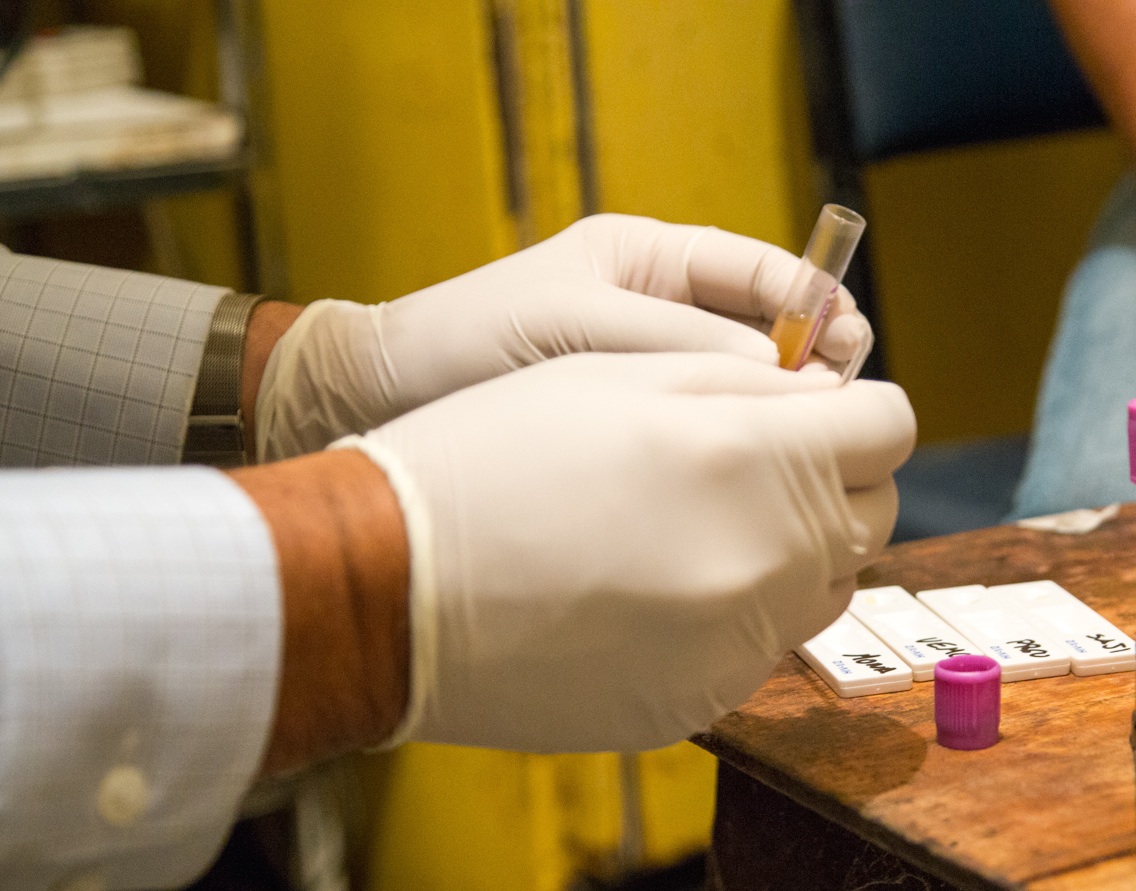Hivos’ HIV Bolivia Project has received a 2018 extension and a top A1 rating given by its donor, The Global Fund to Fight AIDS, Tuberculosis and Malaria in their most recent evaluation. This is not the first time that the project has received the Global Fund A1 rating. The same project has been receiving the top score ever since 2012, which is awarded to programs that “exceed expectations” in their overall performance.
The project started in 2010 and is one of the four Hivos HIV initiatives supported by the Global Fund in Latin American and the Caribbean. The Bolivian country initiative was launched to provide urgently needed to access high quality Antiretroviral Drugs (ARV) in a country with very limited resources. The project also aimed to reduce the occurrence of not only HIV and AIDS, but of sexually transmitted infections (STI) among men who have sex with men (MSM), gay and bisexual men (GB), transgender women (TG), sexual workers and other vulnerable key populations in the country.
The HIV/AIDS epidemic is not widely spread in Bolivia, but it is concentrated mostly between MSM, GB and TG. Overall prevalence is above 5 percent in these groups compared to 0.16 percent in the general population. According to UNAIDS, about 18,000 Bolivians people live with HIV, and there were approximately 1000 HIV/AIDS-related deaths in the past year.
Among the Hivos HIV program’s milestones in the Global Fund evaluation, we see that HIV prevention services have reached almost 30,000 persons, more than 7,000 citizens have had access to voluntary testing and counseling services, and the same number of people have received ARV treatment. The total investment for this project will reach 32 million dollars by 2018, the closing year of the project’s current phase.
Other positive impacts include: timely access to ARV treatment at the lowest cost in the region; a scoping system strategy for vulnerable populations through mobile units since 2011; solid actions to monitor the adherence to treatment, which reduces dropouts.
Hivos has been tackling the HIV/AIDS epidemic head on since the 1990s, but with a Human Rights approach. Our principal aim in this field is to give individuals and communities of Key Populations better access to comprehensive health care (sexual health education, testing, information and support) and to strengthen the organizations that represent them and advocate for their rights, in order to create open and inclusive societies free from stigma and discrimination.
Photo: Angel Damian Reyes




